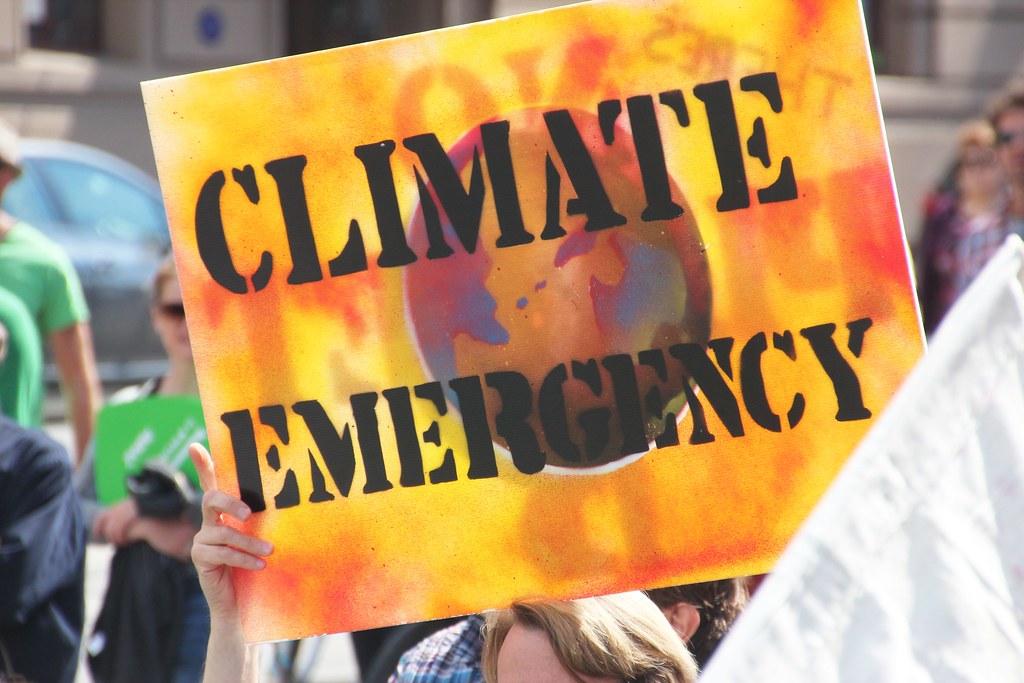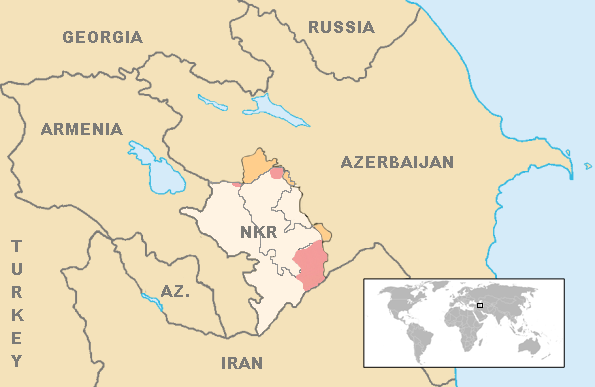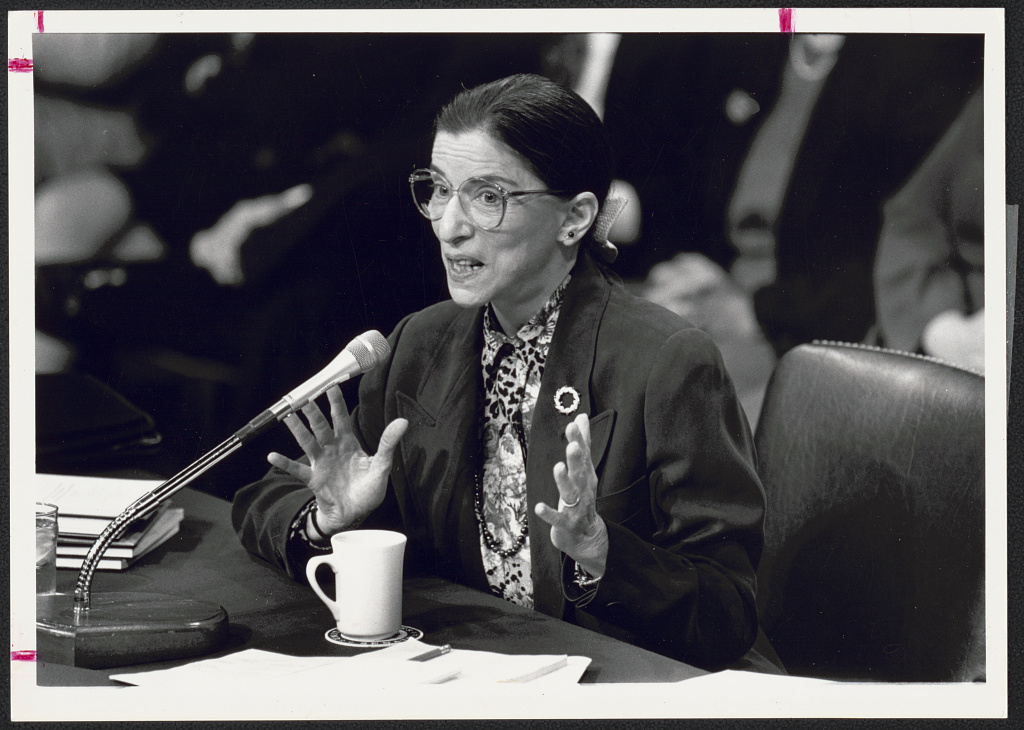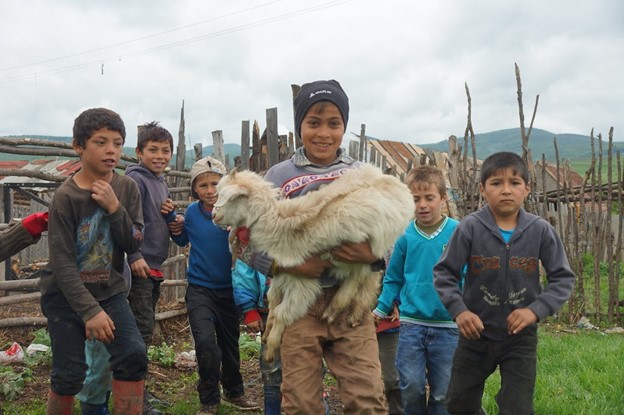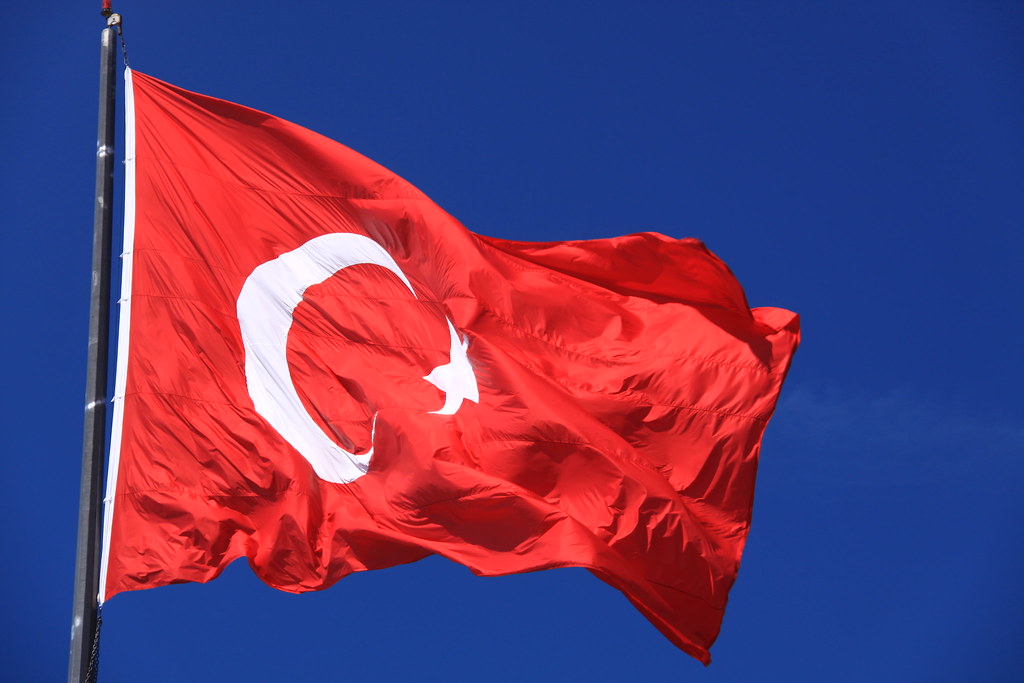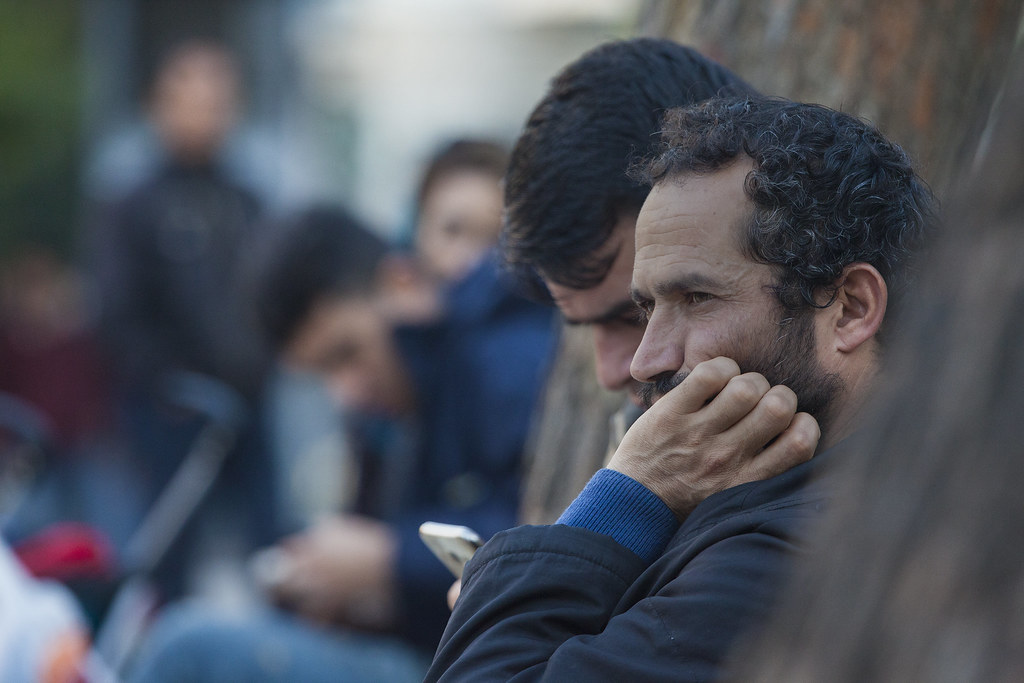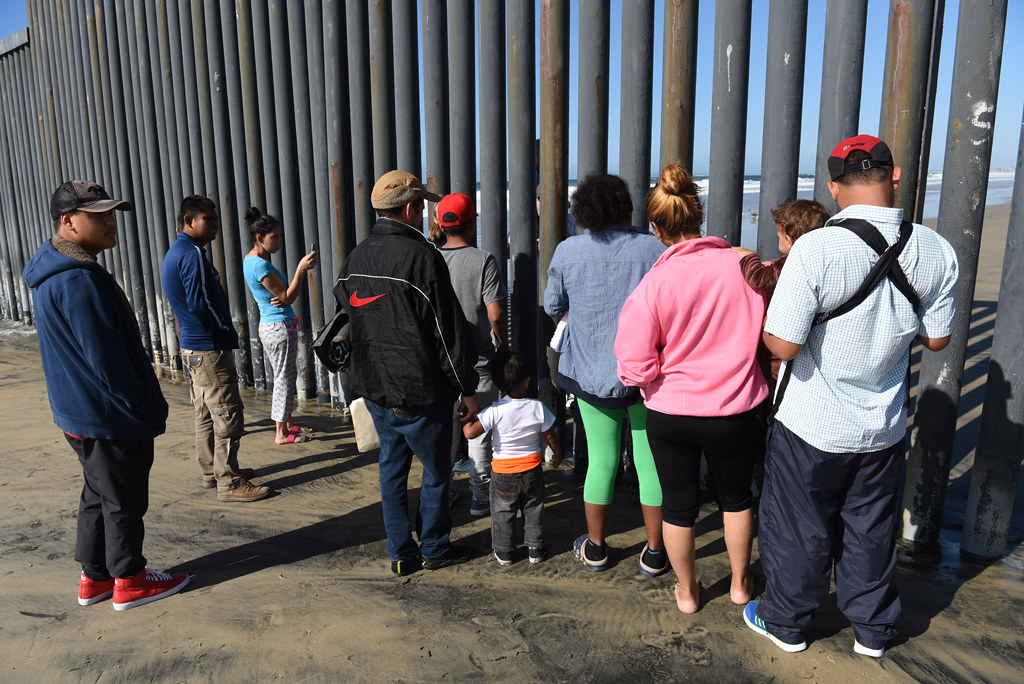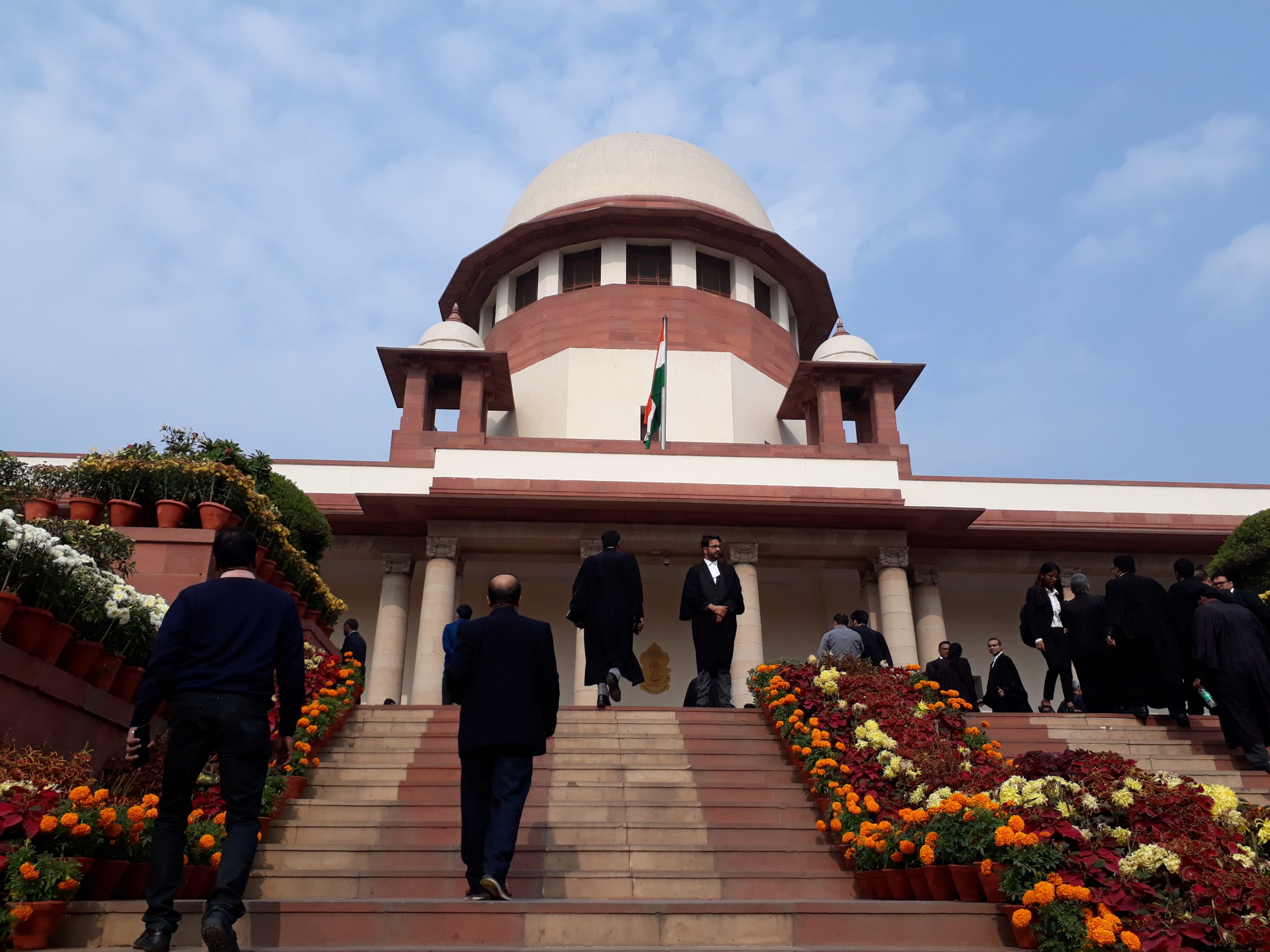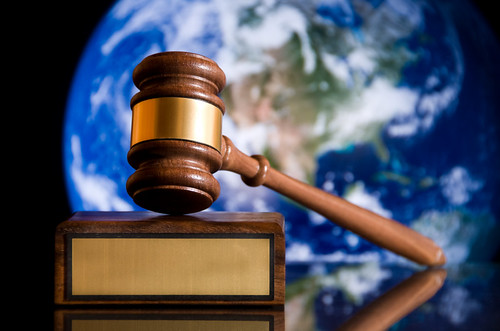
The Scope of Justice: Comparing Two Distant Criminal Justice Systems
By Donggeun Lee, RightsViews Staff Writer and a second-semester junior majoring in Human Rights.
“Comparison is in many ways a useful mirror into which we look, and by looking we notice things about ourselves and our own country and our systems that sometimes might please us [and] that sometimes might give us pause and even cause us disappointment and dismay.” - Professor David T. Johnson
On October 12th, the Columbia Law School hosted an event entitled “Criminal Justice in Japan - A Comparative Perspective” addressing the question of what we can learn from differences between criminal justice in Japan and the United States. The event was moderated by the executive director of the Center for Japanese Legal Studies, Nobuhisa Ishizuka, and featured two speakers: David T. Johnson, a professor at the University of Hawaii, and Kiyo A. Matsumoto, a United States District Judge at the Eastern District of New York.
Differences between Japan and the United States
According to Franklin E. Zimring, the author...

